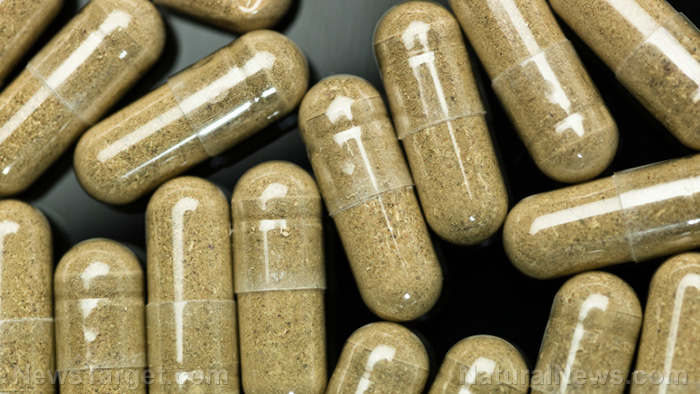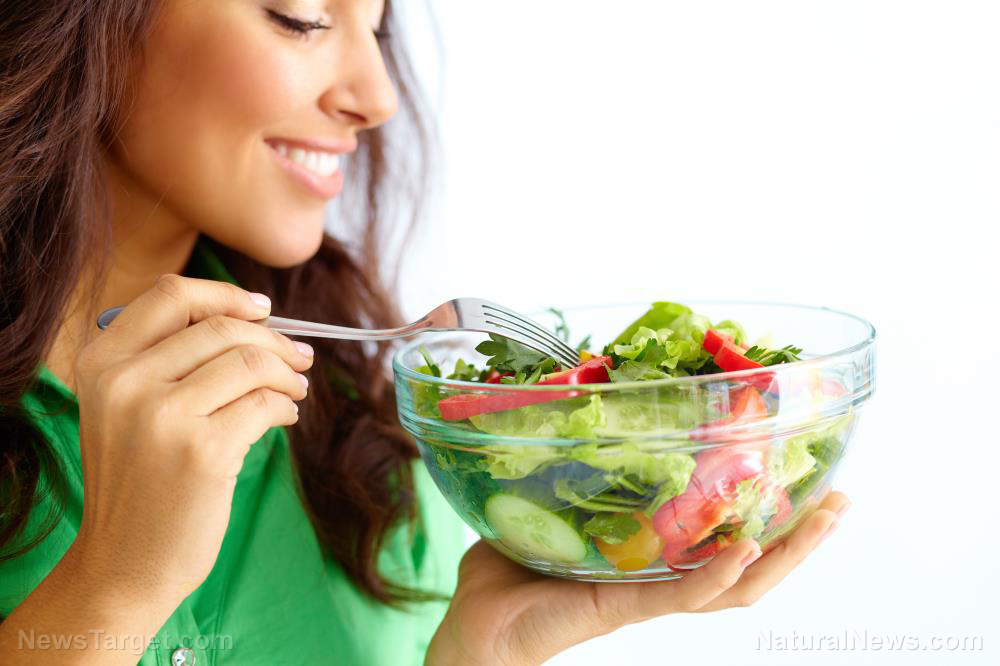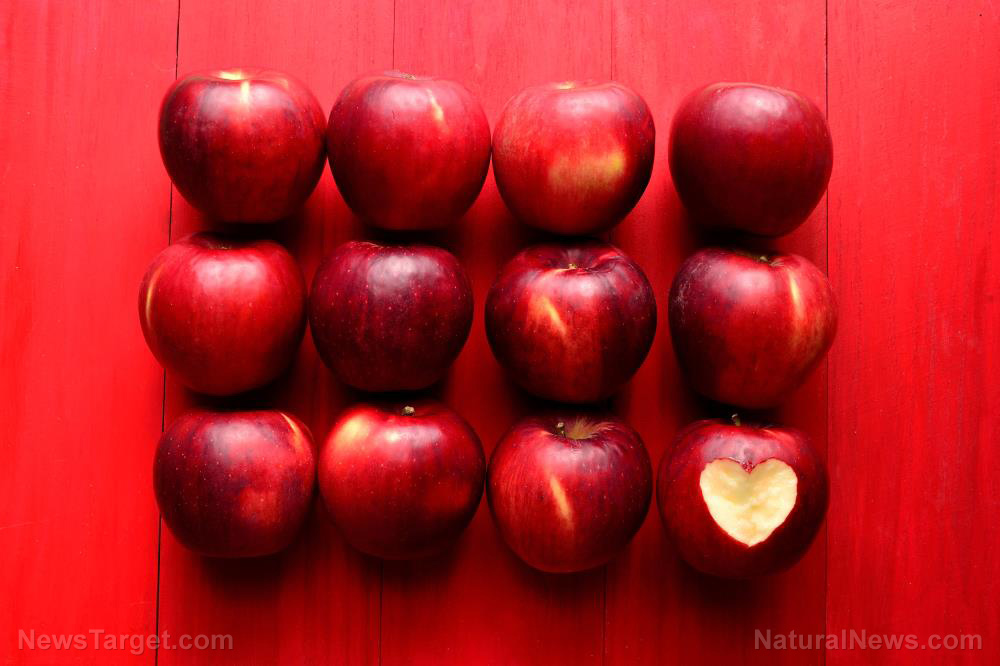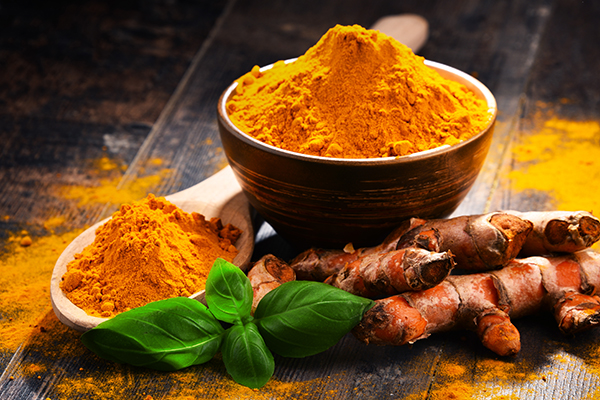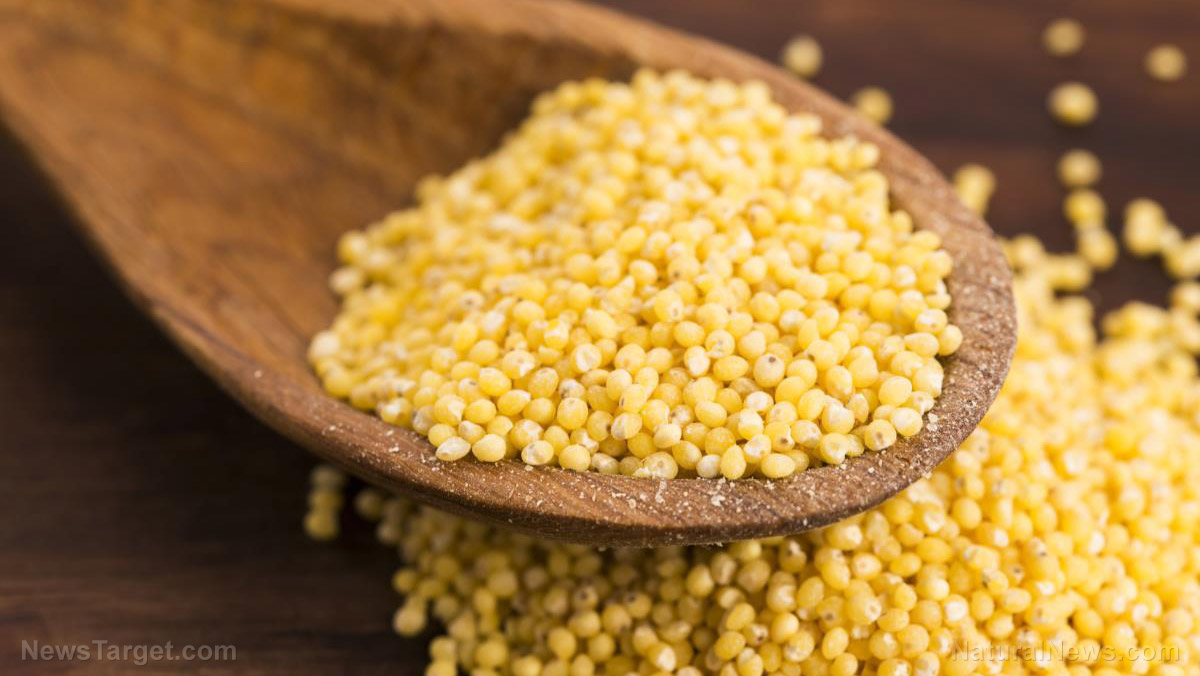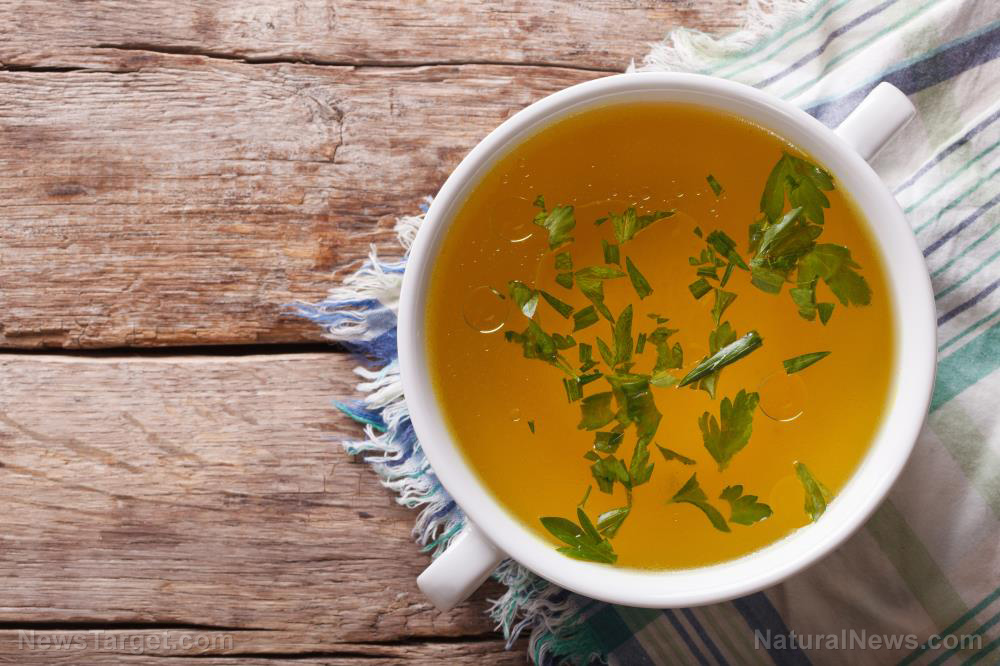Build healthy bones the natural way with ONIONS
12/28/2022 / By Olivia Cook

Bones are healthy living tissues that are constantly being broken down and replaced. Fortunately, many nutrition and lifestyle habits can help build strong bones and maintain this strength as time passes.
Dr. Megan Rossi, the Gut Health Doctor, suggested in a piece for the Daily Mail that onions can help promote strong bones. According to the registered dietitian and nutritionist, onions fall under the category of prebiotic foods alongside garlic, legumes, artichokes, dates and barley.
Prebiotics feed the beneficial bacteria in the gut, making the environment slightly more acidic. Calcium in food becomes more easily absorbed by the body when exposed to the slightly acidic gut environment.
Aside from serving as the food for good bacteria in the gut, prebiotics such as onions can also help maintain bone health in other ways. When gut bacteria break onions down, they produce short-chain fatty acids (SCFAs). These SCFAs, according to animal studies, help regulate bone mass and the production of osteoclasts, or cells that break down bones.
Moreover, Rossi mentioned that onions contain quercetin and kaempferol, two plant compounds that are thought to stimulate osteoblasts, or cells that generate new bones.
To back up claims of onions being good for bone health, she cited a 2009 study published in Menopause. According to the paper, a woman over 50 who consumed onions once or more every day had better bone density than those who consumed onions once a month or less. The study authors suggested that women who ate onions daily could reduce their risk of hip fracture by more than 20 percent compared to those who did not.
Here are other bone-friendly foods to include in the daily diet
Aside from onions, there are other foods that can be included in one’s diet to promote bone health.
Fruits and vegetables are associated with healthy and strong bones. One study published in PLOS One stated that a greater intake of fruits and vegetables is linked to greater bone mineral density and lower osteoporosis (bone fragility due to lack of calcium) risk. According to the researchers, fruits are more associated with bone health as cooking methods for vegetables often sap them of key nutrients the bones need.
Foods rich in vitamin K and vitamin D, specifically vitamins D3 and K2, are also known for promoting healthy bones. A 2017 paper published in the International Journal of Endocrinology explained that the combination of vitamin D3 and vitamin K2 helps the bones absorb calcium easily and prevent its accumulation in the arteries. “Animal and human studies suggest that optimal concentrations of both vitamin D and vitamin K are beneficial for bone and cardiovascular health,” the study authors wrote.
Protein-rich foods not only help in building muscles, they also help in building bones. A 2013 study published in the Journal of the American College of Nutrition stated that protein from foods eaten daily aid in the prevention of osteoporosis. Dietary protein also enhances the production on insulin-like growth factor (IGF-1), which “exerts positive activity on skeletal development and bone formation.”
Foods rich in magnesium also contribute to healthier, stronger bones. A May 2021 study published in BioMetals mentioned that lower amounts of magnesium in the body “are related to the presence of osteoporosis.” Those who have low magnesium intake also possessed a lower bone mineral density and a higher risk for fractures, the study stated. (Related: Research confirms: Magnesium supplements linked to stronger muscles and bones.)
Head over to Health.news for more stories about maintaining strong, healthy bones.
Watch this video that shares the top 10 superfoods for strong bones.
This video is from the Vegan Shenanigan channel on Brighteon.com.
More related stories:
Natural health: 4 ways to boost your bone health.
Eggshells may one day be used to repair bones, experts claim.
Excellent natural calcium sources for bone health.
Which calcium supplement offers the most bioavailability?
Sources include:
Submit a correction >>
Tagged Under:
bone health, kaempferol, magnesium, Megan Rossi, onions, osteoblasts, osteoclasts, osteoporosis, prebiotics, protein, quercetin, Strong Bones, vitamin D, Vitamin K
This article may contain statements that reflect the opinion of the author
RECENT NEWS & ARTICLES
Digestion.News is a fact-based public education website published by Digestion News Features, LLC.
All content copyright © 2018 by Digestion News Features, LLC.
Contact Us with Tips or Corrections
All trademarks, registered trademarks and servicemarks mentioned on this site are the property of their respective owners.





